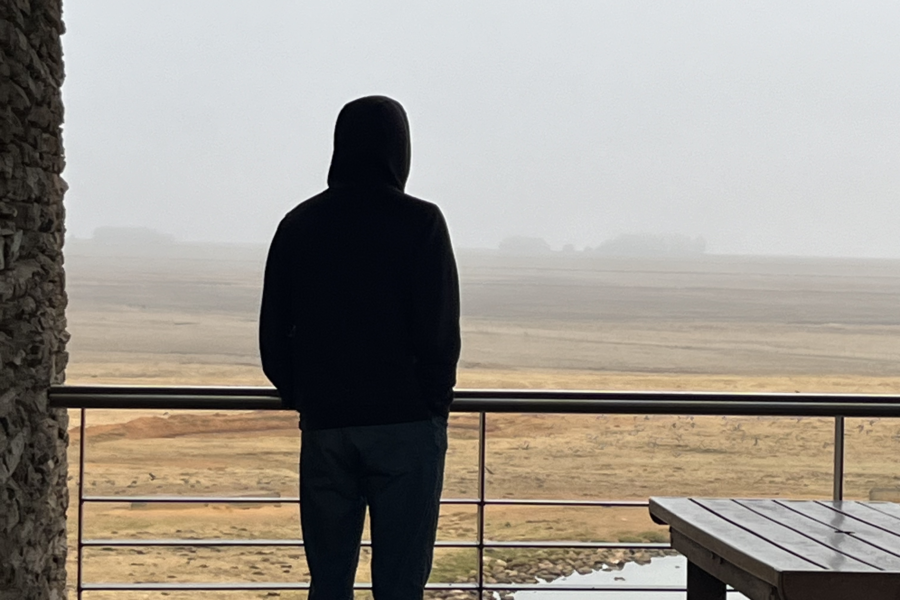Somewhere along the way, caring became uncool.
I’m not quite sure when it happened. All I know is that– at least in my high school–the most impressive successes were often the ones the student, ostensibly, did not care about. Someone who got a 96 on an exam after partying the night before–and who, supposedly, hates the subject matter–was praised far more than the “try-hard” student who dared to study extensively and got a 98. (To be sure, these comments were always light-hearted and, yes, I fell into the latter category as a genuine try-hard who was probably pretty annoying).
There is nothing inherently wrong with this idealization of a low-effort, high-outcome mode of achievement–indeed, I prefer it to a hustle culture that demands its participants to push themselves past their limits–but it did not necessarily encourage one’s love and passion for their academic and social areas of interest.
Throughout my brief time in this study abroad program, I have been struck by how much everyone cares. The object of care certainly varies from person to person, but people freely talk about what makes them tick. Moreover, passion is reciprocated with genuine interest and excitement from others. Put more simply, caring is cool now. From Fillitah’s painstaking efforts to ensure our lodging experience is the best it can possibly be to Antonia’s sheer joy whenever she gets to experiment with the camera settings to Seli’s passion for qualitative public health research, enthusiasm and excitement are cherished, not scorned, among this group of people.
Perhaps the most striking demonstration of care occurred at Constitutional Hill when the illustrious Lwando Xaso introduced herself and, instead of asking our areas of study or career aspirations, inquired about the values that comprise our ideal society. I was then disarmed, and am now impressed, by her steadfast commitment to teasing out our aspirations for an equitable and just society. Through listening to Lwando reflect on her experiences working in the legal profession and her hopes for further improvements to society, it was clear that we were in the presence of a woman who cared–not about her salary and social clout, but about making her country a better place to live.
I have been reading Lwando’s personal essays in her book Made in South Africa (a terrific read, by the way), and I find this sentiment of genuine care and concern reflected in her writing. Lwando’s commitment to wrestling with the aspects of society that remain harmful, while treasuring the improvements that have been made, reveals a woman deeply in love with her country and all of its citizens. She motivates me to nurture my caring spirit. Moreover, she inspires me to soul-search and reflect on how I can best utilize my talents to make a positive impact on the world.
It should go without saying that any character trait of Lwando Xaso is automatically cool. Now that I’ve had the privilege of meeting her, I’ll never think of caring as uncool again.
… Hold on. Does this mean I’m in my Amity era? Cut the cameras…









UGH! Ben. I loved reading this. You’re so amity rn